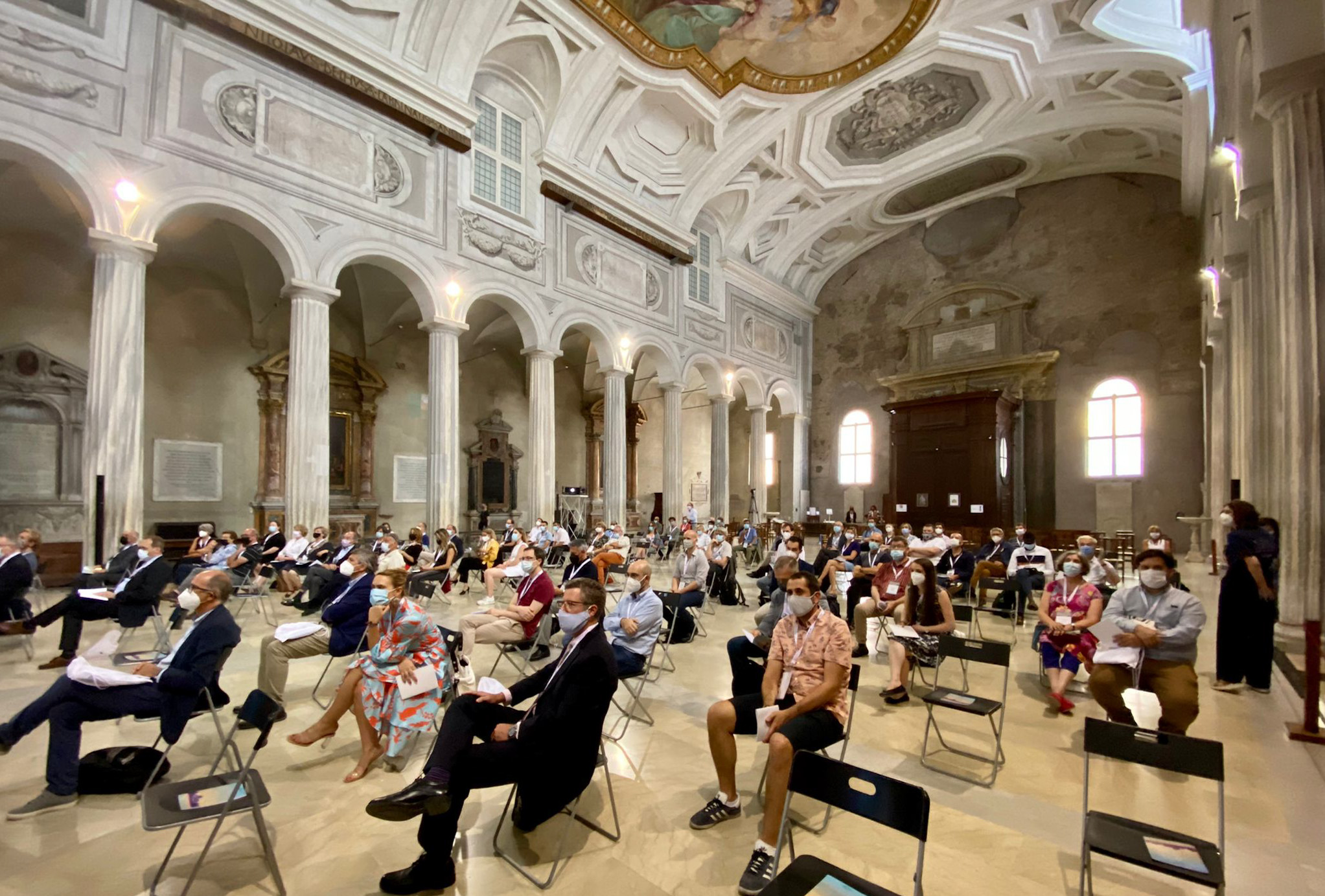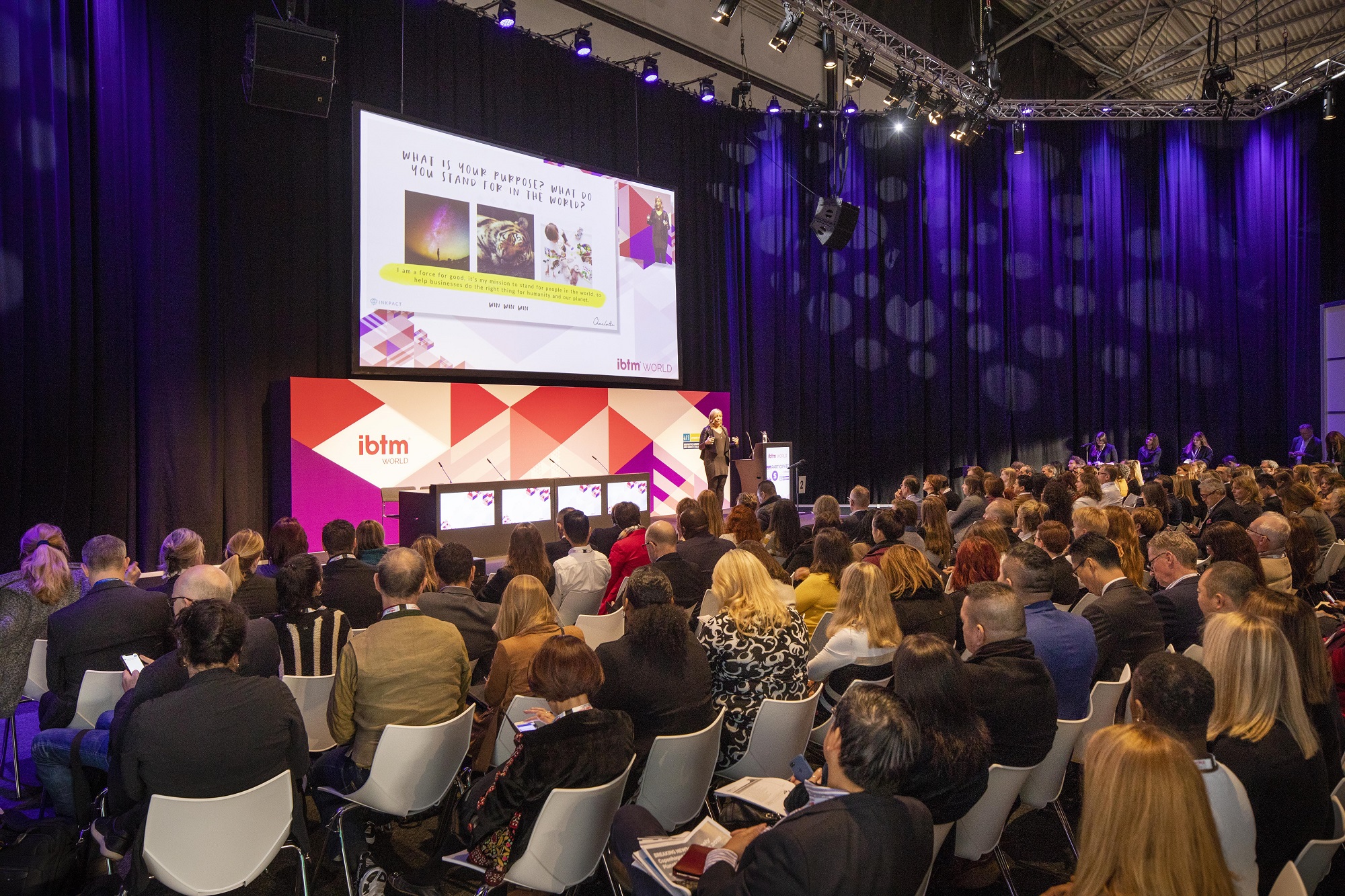Every generation offers something new, and forces people – above all, businesses – to sit up and take note.
The baby boomers dragged the economy forward in the post-war period; generation Y were characterised by an enterprising nature with a need to fight corruption and champion individual freedom. Now, the millennials (those born between the early 1980s and early 2000s) are offering something different – and demand the same from the business world.
An overwhelming majority of millennials (83 per cent) believe business performance should be measured by more than just profit, a 2016 Deloitte study has found. Instead, 73 per cent say the most important measures of business success involves having satisfied customers, followed by quality of work (69 per cent) and enjoying their jobs (67 per cent).
Deloitte found that 50 per cent of all surveyed millennials say they will move jobs in the next two years. Only a fifth of them intend to have a tenure with their current employer longer than five years.
Tomorrow’s workforce is making a difference today, and will only continue to do so. Allianz says that by 2025, three-quarters of the entire working world will be made up of millennials. Is it time you paid them more attention?
Breeding loyalty in a new generation
“For the most loyal millennials, a sense of corporate purpose is incredibly important, with 95 per cent of those who remain with their employer more than five years saying it keeps them satisfied,” explained Deloitte Australia’s CEO, David Hill.
“The promise of a vacation and some on-trend gifts is not enough to inspire millennials to do their best in the workplace.”
Obviously the job-hopping nature of the millennial generation isn’t great news for any employer. It means losing experience (sometimes to your greatest competitor) and money on training, as well as recruiting and retraining a replacement.
In this ever-changing workforce, the emphasis needs to be on encouraging high-performing employees of all ages to stay and grow within the company. For that reason, loyalty programmes are becoming incredibly popular.
By their very nature, incentives and rewards are attractive to millennials. A 2016 study from professional services firm Aimia found that four in every five millennials participate in a loyalty and rewards programme as a consumer, and three-quarters of them say they gravitate towards a brand that offers one.
Travel incentives might prove to be particularly effective. Deloitte found that 7.3 per cent of all millennials ranked the opportunity for international travel as the number-one thing they look for in a potential place of employment – higher than working for a reputable brand and even finding a sense of purpose.
Millennials at corporate meetings and events
We discussed a while back how we can prepare for the millennial generation with corporate events, but today the question of why companies should do this is more important than ever.
The answer is simple: because millennials are harder to engage with, though that doesn’t mean we should avoid doing so.
With the evolution of their generation, the average millennial’s tastes have changed. They are generally more involved with societal matters, they seek eco-friendly and sustainable events, and they are more demanding down to the finest detail – even the catering.
American Express explained that something as seemingly innocuous as food tastes have become different with a new generation. Millennials have grown up with TV chefs showing them how to cook and a range of global ingredients to experiment with; they are “foodies” and their standards for finer cuisine at a corporate event have grown with them.
Millennials also want to travel, and seek the ability to do so in their work.
An opportunity in disguise
All this isn’t to say that it’s impossible for a company or brand to engage with millennials; it just takes a greater effort to do so. However, that doesn’t always mean a greater investment, but more savvy spending.
The meetings, incentives, conferencing and exhibition (MICE) sector is becoming more creative, adaptive and specialised at meeting the demands of all types of people – and that certainly includes millennials.
From event production to digital design and mobile app creation, the tools are there – they just need equipping in the best possible way.
The standards may be getting higher, but that only gives businesses a chance to stand out. We look forward to seeing how they choose to do so in the very, very near future.
Carly Lewis is the Hong Kong-based business director of cievents. This is an edited version of an article that originally appeared on cievents event management news blog


